SUMMARY
This is AI generated summarization, which may have errors. For context, always refer to the full article.
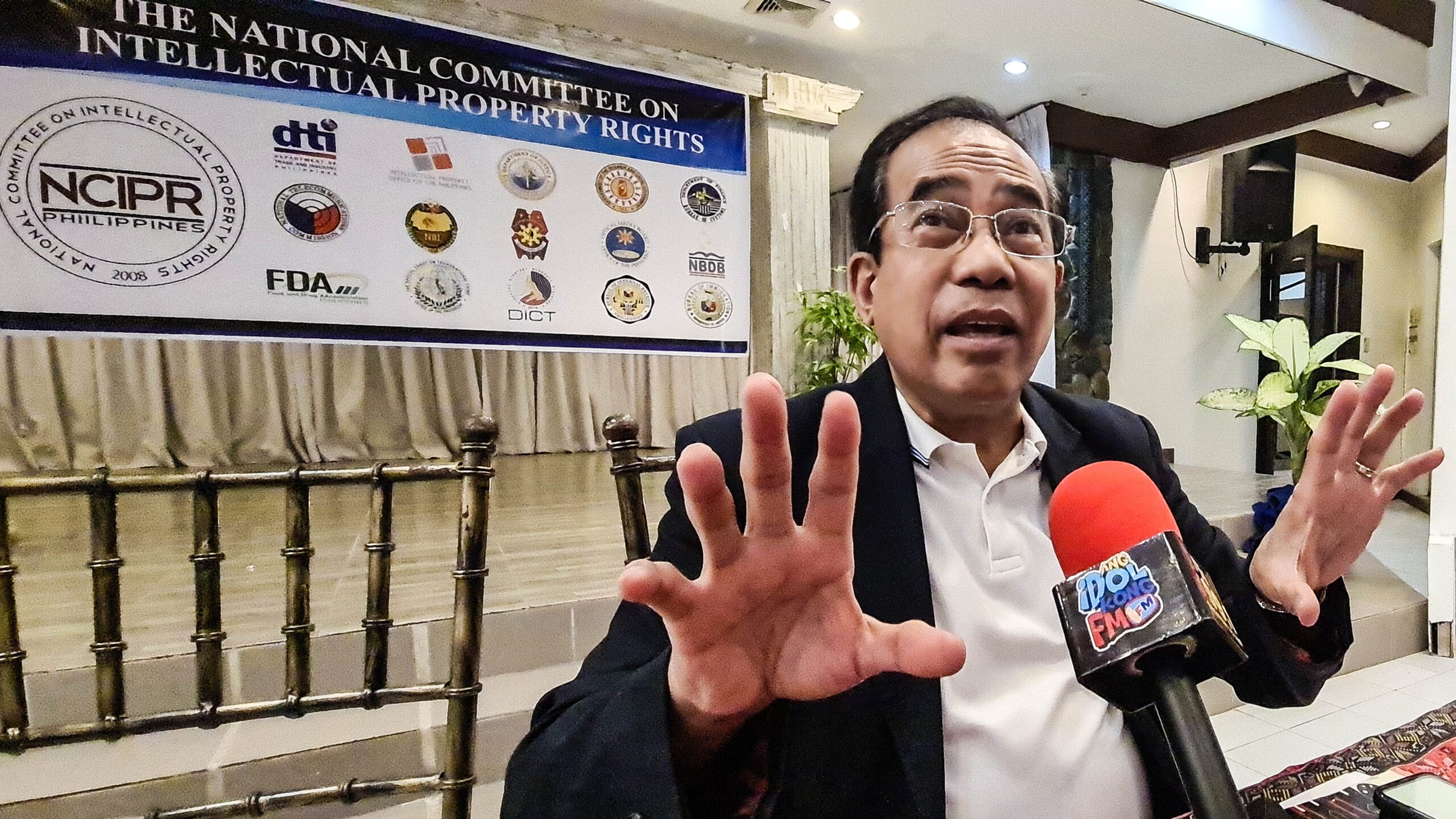
CAGAYAN DE ORO CITY, Philippines – Trade and industry officials called on the Cagayan de Oro City government to start cracking down on violators of the intellectual property law, noting the prevalence of intellectual property theft and piracy in Northern Mindanao’s regional center.
The Intellectual Property Office of the Philippines (IPOPHIL), an agency attached to the Department of Trade and Industry (DTI), told a news conference in the city on Wednesday, August 17, that it was alarmed over the deluge of counterfeit goods in Cagayan de Oro and elsewhere in the country.
Many of the counterfeit products that have flooded Cagayan de Oro and other regional capitals were sneaked into the country from China, Bangladesh, and Vietnam, according to IPOPHIL Deputy Director General Teodoro Pascua.
Lawyer Marlita Dagsa, IPOPHIL-Intellectual Property Rights Enforcement officer, said the most faked items sold in the country were clothes and shoes, cigarettes, medicines, and electronics.
He said it was about time that local governments strictly enforced Republic Act No. 8293, otherwise known as the Intellectual Property Code of the Philippines.
“The government is losing income because of this. In 2018 alone, the government confiscated P23 billion worth of fake items,” Pascua said.
He said P20 billion more were seized in 2019, and the amount further went down to P9 billion in 2020, a reduction he attributed to the crippling months of the COVID-19 pandemic.
As stores selling counterfeit clothing brands and other fake products continued to sprout and were left unchecked, the advent of online shopping made law enforcement more complex, officials said.
Local governments, Pascua said, need to go beyond passing resolutions and ordinances against piracy by going after those who sell fake products in their localities.
Pascua said business establishments should be warned against selling counterfeit products before they are issued permits, and violations should result in the revocation of licenses so that it would be seen as a high-risk undertaking.
IPOPHIL-Intellectual Property Rights Enforcement Office Acting director Ann Edillon said they were training law enforcers and prosecutors as part of a nationwide campaign against piracy. – Rappler.com
Add a comment
How does this make you feel?

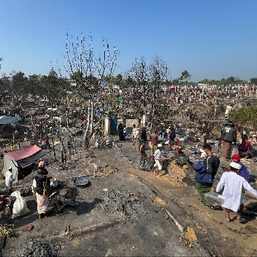
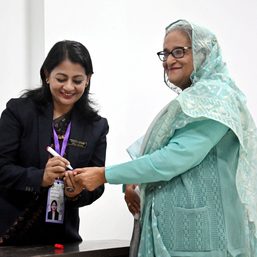

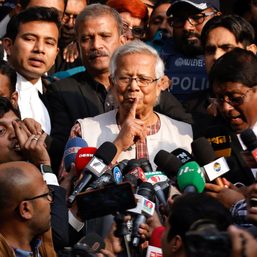

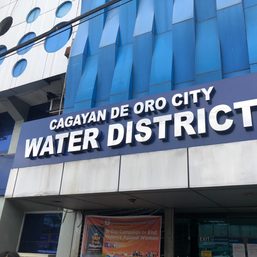
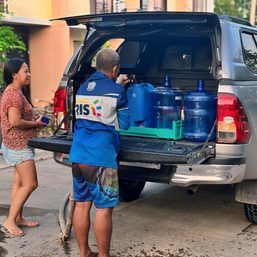
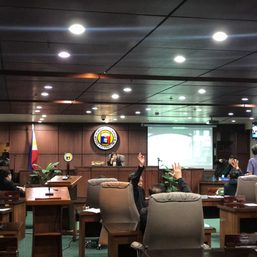

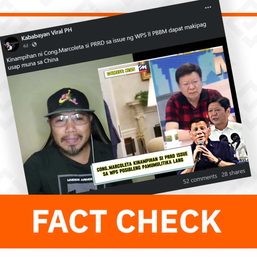
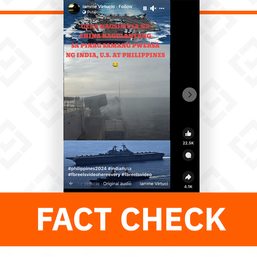


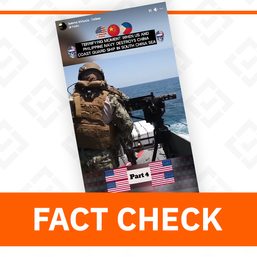
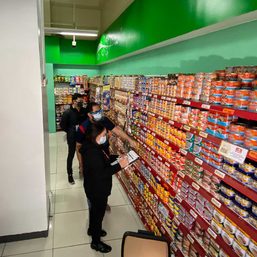

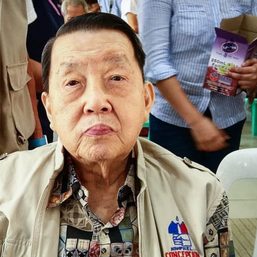

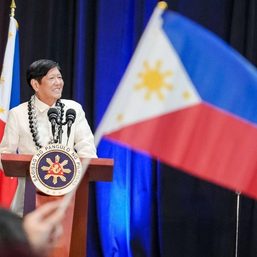
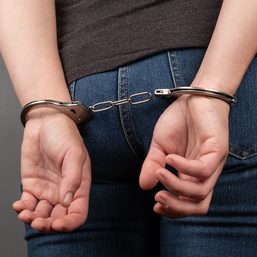
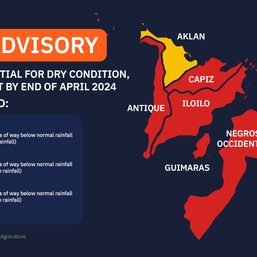

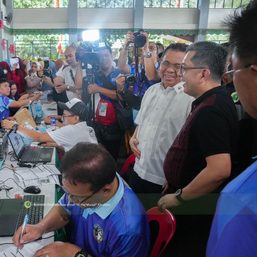
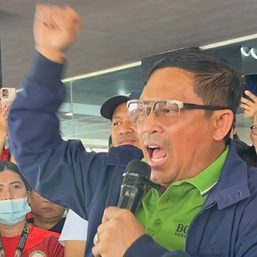
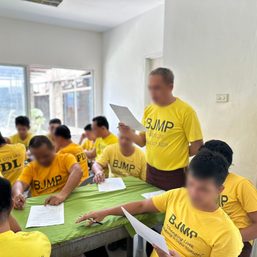

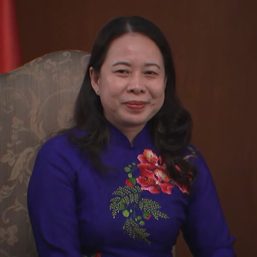
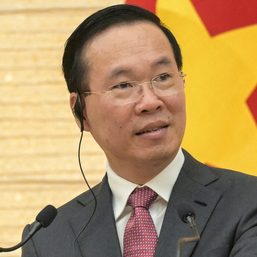

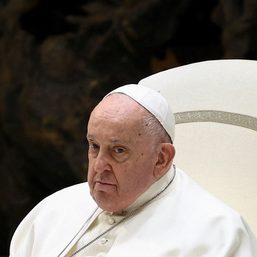
There are no comments yet. Add your comment to start the conversation.